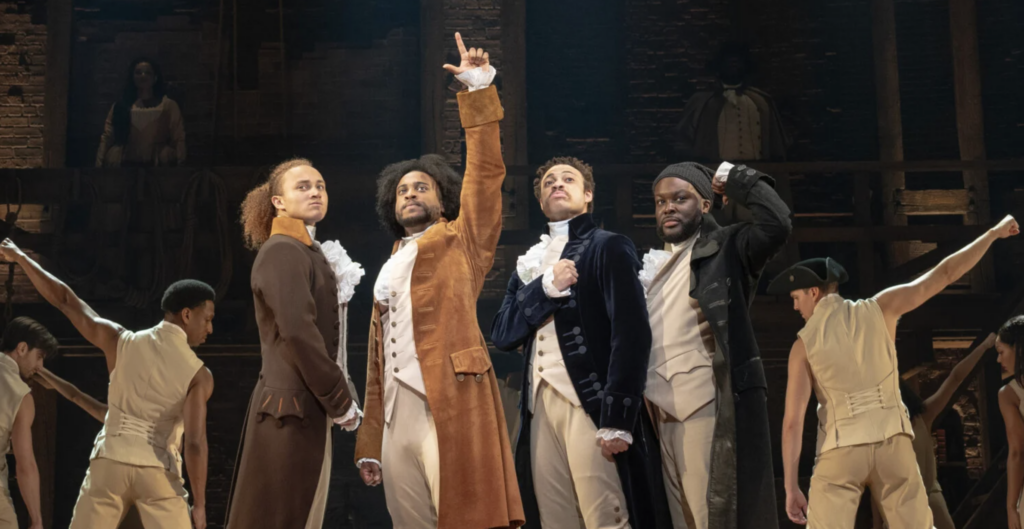Liberty for None
You could dismiss Chasing Liberty, in which pop star-turned-actress Mandy Moore plays a president’s daughter named Anna Foster who wants some alone time, sans Secret Service, to go clubbing in Europe, hang with friends and lose her eighteen-year-old virginity to a Brit who resembles the offspring of Hugh Grant and Alan Cumming. After all, whenever you can compare one movie starring Mark Harmon as president to another starring Sinbad as a government agent (1996’s First Kid, in which the president’s thirteen-year-old son tries to ditch his Secret Service detail so he can fit in with his prep-school pals), there’s really not much need to march on. One must consider the possibility that there are not only no good new ideas but no good old ones.
But those of us interested in the doings of pop culture’s B-listers can instead ponder just what Chasing Liberty means in the career evolution of Mandy Moore.
Jessica Simpson is knockin’ ’em brain-dead on MTV, Christina Aguilera is well on her way to becoming the post-teen-pop Cher, and Britney Spears is touring the country’s strip clubs. Moore, on the other hand, is the square of the bunch: Her movies are aimed at the crowd that thought Footloose too heretical, and her music, as evidenced by last album’s Coverage, is aimed at a nonexistent audience that believes XTC, Joe Jackson, Elton John and Todd Rundgren in their original forms were too challenging.
Moore appeared two years ago in A Walk to Remember, in which she played the good girl (then, the good-and-dead girl) who converted Shane West from Missy Elliott to Jesus; imagine Love Story scored by Petra. Next up for Moore is Saved, in which a girl at a Southern Baptist high school gets pregnant and is ostracized by her pals. Chasing Liberty, directed by a TV guy making his big-screen debut and written by two first-timers, serves as a kind of bridge between her born-again work; the nineteen-year-old gets drunk, begs Brit Ben Calder (a secret Secret Service agent played by a good Matthew Goode) to take her virginity and appears topless twice. (That she is seen only from behind will no doubt frustrate fathers taking their thirteen-year-old daughters to the cineplex.) This is what publicists refer to as moving into an actor’s “mature phase.”
Moore is immensely likable — she certainly seems more flesh-and-blood than her plastic contemporaries. And she has the right intentions: You can’t be a teen-pop sensation in your twenties, especially after your audience has started sneaking out of the house to “date” college seniors. Chasing Liberty plays like thinly veiled autobiography, but it’s intriguing only if you’re writing the Mandy Moore episode of E! True Hollywood Story. At some point, I stopped caring about the Anna-Ben plot and started wondering which screenwriter thought Italian-American Annabella Sciorra’s character should be called “Morales” and whether Jeremy Piven, playing her partner, was going to let his hairpiece loose in the wild, where it could easily fend for itself.




